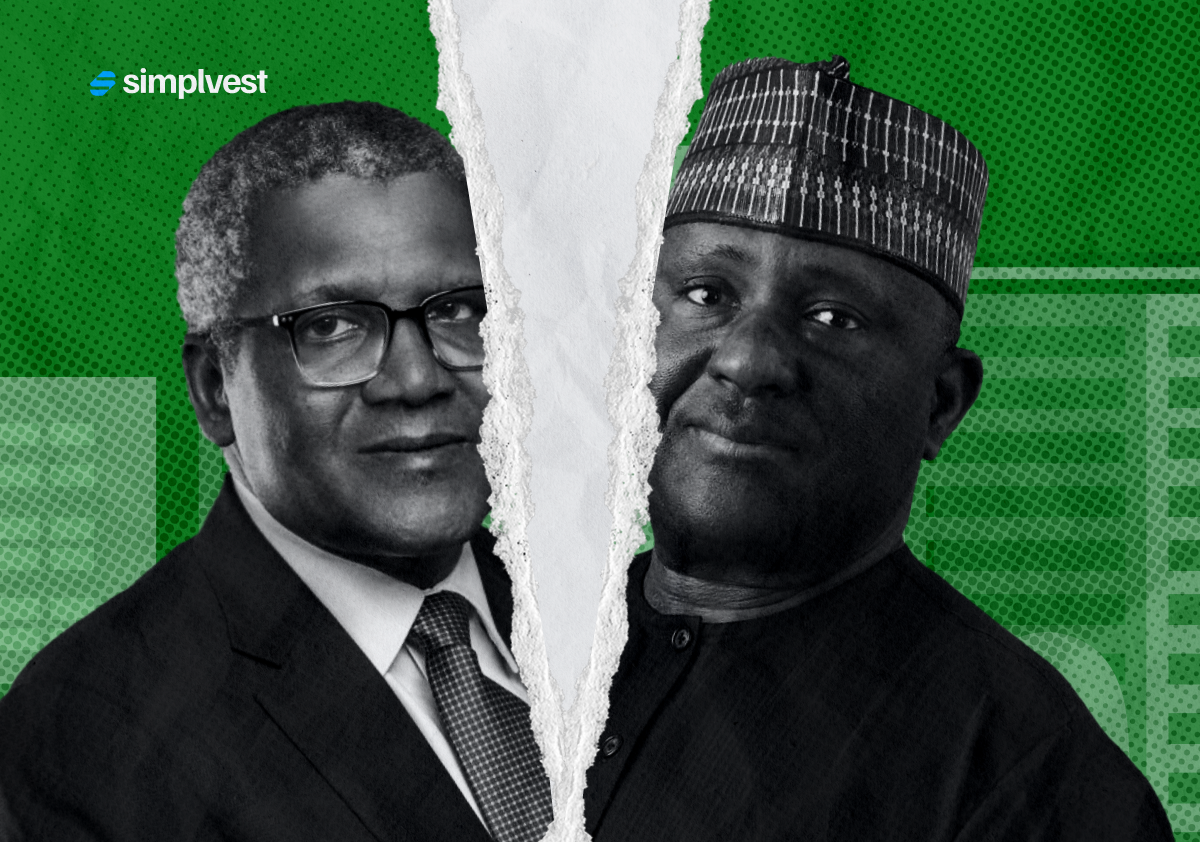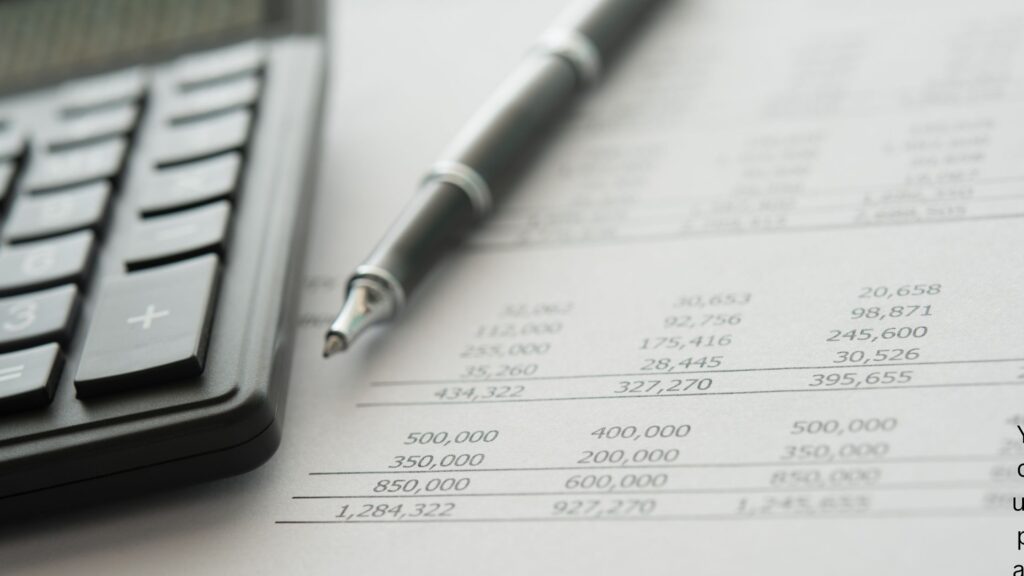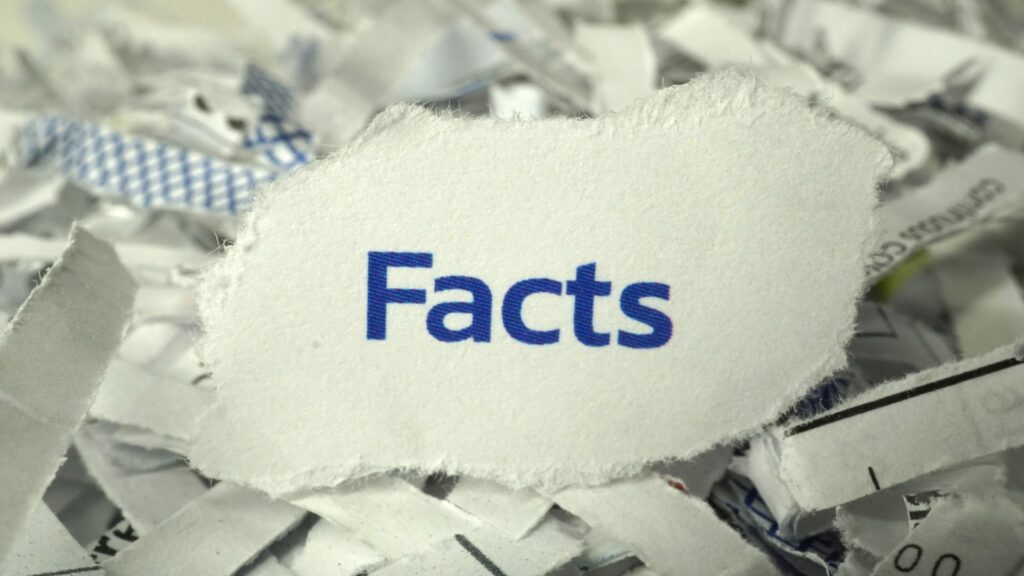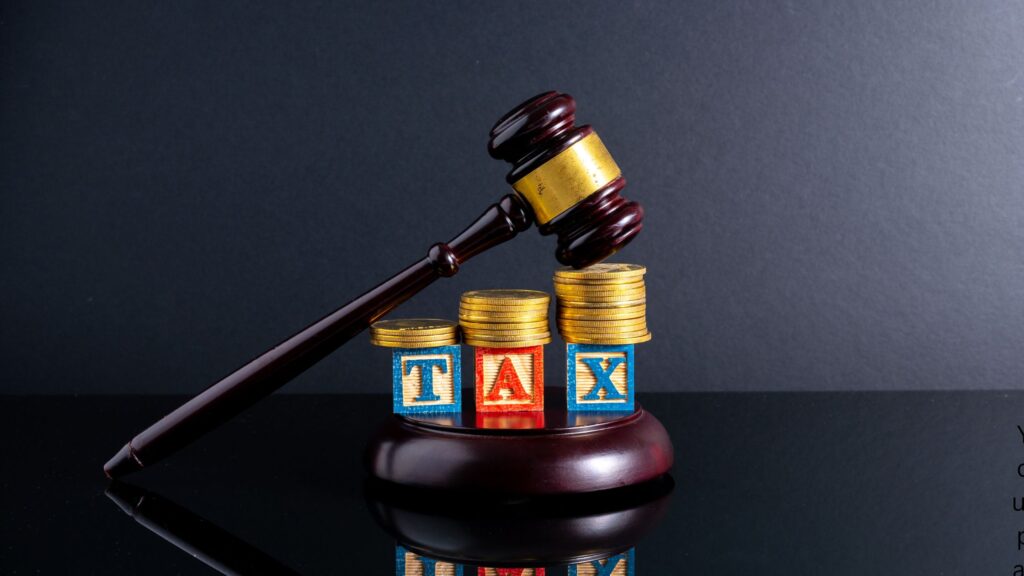Few feuds have captured public attention quite like the Dangote Vs BUA feud. What began as healthy business competition has evolved into what many observers describe as a destructive corporate war that has dominated headlines, courtrooms and boardrooms across Nigeria for over three decades.

Setting the Stage: Two Lions from the Same Den
The irony of the Dangote Vs BUA feud lies in its origins. Both Aliko Dangote and Abdulsamad Rabiu hail from Kano State in northern Nigeria, born just three years apart. Both inherited business acumen and capital from distinguished merchant families whose fathers were wealthy Kano businessmen. Yet from this shared foundation has emerged one of Africa’s most acrimonious corporate battles.
As of June 2025, Dangote is worth an estimated $27.8 billion according to Bloomberg. This makes him Africa’s richest individual and the leader of a business empire that spans cement, sugar, salt, flour and now oil refining across multiple African countries. His Dangote Group controls approximately 70% of Nigeria’s cement market and over 70% of the sugar refinery sector.
As of June 2025, Rabiu is valued at $5.4 billion by Forbes. Ranked as Africa’s sixth-richest person, he leads BUA Group with significant operations in the same sectors. His company holds about 20% of Nigeria’s cement market and around 20% of the sugar refinery market. This positions BUA as Dangote’s primary competitor in both industries.

A Feud Born in the 1990s
The animosity between these two conglomerates traces back to 1991, when what BUA describes as Dangote’s first act of sabotage occurred. According to BUA’s detailed allegations, this initial confrontation set the tone for decades of corporate warfare that would follow.
The feud intensified significantly in 2008 when BUA Cement entered the market as a direct challenger to Dangote’s dominance. BUA introduced a floating terminal called ‘BUA CEMENT I’, essentially a cement factory built into a large ship. But the move was fiercely resisted. BUA alleged that Dangote used his political connections to block their Lagos operations and force them to berth their floating facility in Port Harcourt.
BUA claims that even then, the obstacles continued. The company alleges that “Orwell Brown, a Deputy Comptroller General, who was also an older brother to a Dangote Staff, launched a sudden strike, attempting to deport our vessel’s entire expatriate crew.” Only the decisive intervention of late President Umaru Yar’Adua, who directed the Minister of Transport and Chairman of the Nigerian Ports Authority to honor BUA’s right to operate, allowed the company to continue.
The Cement Wars
The cement sector has been the primary battleground for this feud. In 2020, BUA Cement accused Dangote Cement of blocking access to its limestone quarry in Edo State. The dispute escalated when BUA alleged that Dangote sent hired thugs to attack its sugar factory in Port Harcourt in 2021, destroy property and injure its workers.
The Edo State cement plant saga particularly illustrates the intensity of this feud. BUA alleges that during construction of their Edo facility, they faced constant sabotage attempts. The company claims that “Edwin Devakumar and Sunday Esan (two long-time and current staff of Dangote) were caught in leaked emails, whose content were not limited to sending thugs to foment trouble, close our factory as well as pushing bad press against us.”
According to BUA, former President Muhammadu Buhari intervened, reportedly calling Governor Godwin Obaseki and asking that “no staff must lose their jobs and the plant must not be shut down.” This was what saved their operations.
The matter, however, remains in the Supreme Court.
The Foreign Exchange Allegations of 2023
The Dangote Vs Bua feud took a dramatic turn in late 2023 when allegations surfaced regarding illegal foreign exchange dealings. Reports emerged that Special Investigator Jim Obazee, commissioned to examine the Central Bank of Nigeria under former governor Godwin Emefiele, was probing Dangote Group for alleged illegal forex deals and money laundering.
Dangote Industries Limited vehemently denied these allegations and described them as “spurious and a rehash of a similar report peddled out of malice by a competitor, BUA Group, masquerading as a concerned Nigerian in 2016.” The company revealed that BusinessDay and Leadership newspapers had published similar allegations in 2016 as advertorials. It, however, later publicly apologized; the stories were retracted after admitting they were “sponsored by Messrs. BUA Nigeria Limited.”
The January 2024 raid by Nigeria’s Economic and Financial Crimes Commission (EFCC) on Dangote’s offices sent shockwaves through the business community. While Dangote Group termed the allegations as “unwarranted embarrassment,” sources familiar with the situation suggested this represented a shift in political winds.

The Feud Takes New Shape in Tinubu’s Era
The ascension of President Bola Tinubu to power in 2023 appears to have altered the political landscape that both businessmen navigate. Sources close to Aso Rock, Nigeria’s presidential villa, suggest that Rabiu heavily funded Tinubu’s campaign, potentially explaining the more aggressive scrutiny now facing Dangote’s operations.
The launch of Dangote’s $20 billion oil refinery, a project that was supposed to crown his business achievements, bared this political shift. Notably absent from the grand opening was President Tinubu, despite the attendance of then-outgoing President Buhari and other top state officials.
The director-general of Nigeria’s Manufacturers’ Association, Segun Ajayi-Kadir, expressed concern about the implications: “Manufacturers are concerned that if this can happen to Dangote, it can happen to any of them. They are worried. This may not be the best way to show that Nigeria is committed to good governance.”
The Public Relations Aspect of the Feud
The feud has spilled dramatically into the public sphere, with both companies engaging in what observers describe as a “media war.” Publications from both sides, daily inundating journalists, with each trying to damage the other’s reputation.
Recent exchanges have been particularly venomous. Dangote Group accused BUA of “instigating noxious publications” against them out of “personal envy.” A senior Dangote executive was quoted as saying: “There is nothing other than envy. They can’t stand our success. We control about 70% of the cement market, and they don’t want to live with that. It is sheer envy.”
BUA Group countered with allegations spanning decades of purported sabotage, claiming that Dangote “had always wanted to frustrate it out of business.” Their detailed response included accusations of “dud cheques” and systematic attempts to undermine their operations across multiple states.

The Human Cost of the Feud
Industry observers like Festus Adedayo note that this feud transcends typical business competition. The feud resembles “what the duo of Dangote and his Kano brother are about is beyond Adam Smith’s health-inherent competition,” referencing the economist’s theories on beneficial market competition.
The personal nature of the conflict has led to concerns about its broader impact on Nigeria’s economy. Previous attempts at reconciliation, including efforts by former Kano State Governor Abdullahi Ganduje in 2021, proved unsuccessful. This failure of a high-profile attempt at ending the feud suggests a deep-rooted animosity that goes beyond mere business interests.
Silver Linings to the Feud
Despite the destructive nature of their feud, Nigerian consumers have occasionally benefited from their competition. In late 2023, BUA announced plans to reduce cement prices to ₦3,500 per bag, a move that received widespread applause. This price war dynamic has provided rare relief for construction costs in a country where cement prices have traditionally been high.
The competition has also spurred innovation and expansion. Both companies have announced plans for additional refineries, with BUA now constructing a 200,000 barrels per day capacity refinery in Akwa Ibom State, to directly challenge Dangote’s new oil refinery operations.
The destructive aspects of the feud, however, overshadow any benefits that accrue to common Nigerians thanks to the feud.
Calls for Resolution Remain Unheeded
Prominent voices across Nigeria have called for an end to this destructive feud. Suggestions have included high-level interventions by President Tinubu, traditional rulers like the Emir of Kano and the Sultan and other respected figures who maintain relationships with both businessmen.
The stakes extend beyond personal pride or corporate market share. As two of Nigeria’s largest employers and investors, their continued conflict affects thousands of jobs, billions in investments and the broader perception of Nigeria’s business environment.
The Feud That Has Defined an Era
The Dangote vs BUA feud embodies the complex intersection of politics, commerce and personal ambition that defines modern Nigeria. While their competition has occasionally delivered benefits to consumers through price reductions and innovation, the destructive elements of their feud risk undermining the very economic development both claim to champion.
And it’s far from over.
As Nigeria grapples with economic challenges and seeks to attract investment, the spectacle of its two most prominent businessmen engaged in a bitter, decades-long conflict sends troubling signals about corporate governance and business ethics. Whether this rivalry will ultimately strengthen Nigerian industry through competition or weaken it through destructive infighting remains one of the most watched questions in African business today. Ultimately, for Nigeria’s economic future, finding a path to reconciliation, or at least more constructive competition, is the most helpful outcome to the feud.












